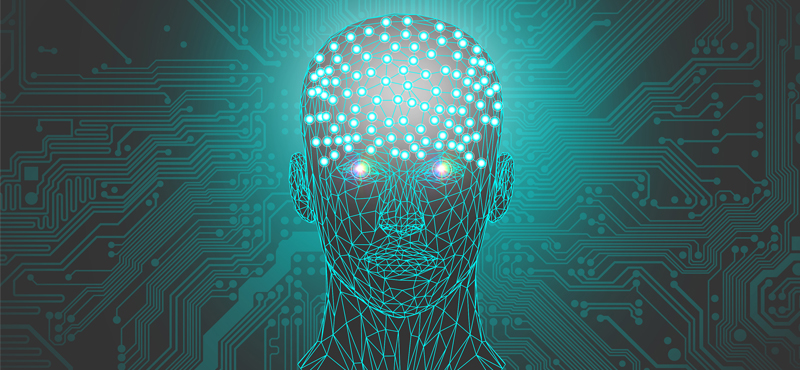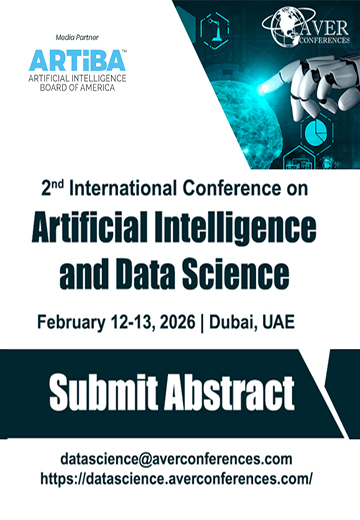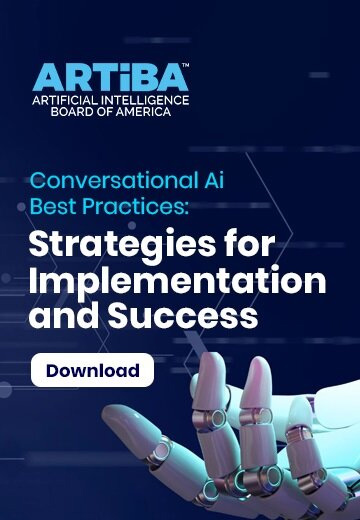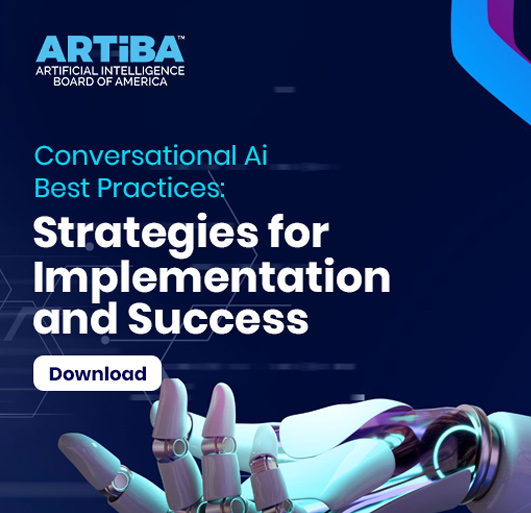AI as a Career Choice: All You Need to Know

Careers and job opportunities in AI and machine learning are being currently defined further. This enables one to innovate and carve one’s own career path. If a person enjoys learning math, coding, computer programming, and technology in general, a career in AI, machine learning and data science can be a good choice as compared to other options available.
What are some of the important skills required for a career in AI?
Learnings in the field of programming, cloud computing and math can always be helpful to shine in the discipline of AI. Also, as AI will progress there will come a period of debates on what should and should not be pursued by AI. Thus, education in AI ethics shall also soon become a must-have in carving a career in AI.
A bachelor's degree can certainly lay a strong foundation for AI at both personal and professional front. However, a master's degree or a doctoral degree can prove to be more helpful to develop research acumen. A good education base will highly help an individual enjoy a greater space in the market and gain more prospects in AI.
There are several careers in the field of data science and AI, where an individual can explore her niche. This is especially so when more firms have begun to invest in AI, creating a wide variety and types of career options, choices and opportunities. It wouldn’t be a stretch to say that the future is safe and great for AI.
As per PwC reporting, there will be a global increase by USD 15.7 trillion till 2030 by just using AI in the global economy and businesses. This number shows the immense importance of the AI field in the current world. To be involved in this great story, you can begin by learning the AI programming languages.
The AI programming skills of importance
-
Python - Python is an interpreted and object-oriented high-level computer programming language with dynamic semantics. The data structure is in combination with dynamic binding and dynamic typing. It is a high-level built-in and is very influential for Rapid Application Development. It is also very promising to use as a scripting language and a glue to help establish links between existing parts.
-
Java - It is a general-purpose and object-oriented computer programming language. It is established for electronic devices and software development process. It is not connected to any hardware or specific operating system, and therefore it is called a platform-neutral programming language. Java is considered as one of the best computer programming languages, which has proved its usefulness in the past 20 years.
-
R - It is a computer programming language, and is also an environment for computing, statistics and graphics. It provides help in several statistical calculations like linear and nonlinear modeling, classical statistical tests, time-series analysis, classification, clustering and many others. An interactive map of COVID -19 was also created by using R language.
-
Prolog - It is a logic computer programming language that has an essential part in AI. The unique feature of Prolog is that it can be used as a declarative language. In the case of Prolog language, logic is presented as relations which are called Facts and Rules. The essential characteristics of Prolog are the application of logic.
-
Lisp - It is also called List Processing. It is a programming language that was created for data strings and a simple manipulation process. It is a commonly used computer language for AI. All computing, in this case, is expressed as a function of at least one object. The objects, in this case, can be functions, data items (constants and variables), and data structures.
Popular Careers in AI and Machine Learning
1. Data Scientist
As a data scientist, an individual has to apply data and make use of statistics and computer modeling to solve problems. A foundation in programming and strong computer science knowledge allows one to be a huge source of help for businesses of all types and sizes. These data professionals enable sound decision-making in businesses.
They are involved in collecting data from multiple sources, performing analysis on the data, and interpreting it to find insights and inferences with an effective solution to businesses' problems. Both AI and Machine Learning are the integral basis of data science, and this is where the two are used for predictive analytics and regression.
2. Big Data Engineer
A Big Data Engineer is a professional who manages and creates a firm’s Big Data tools and infrastructure. She is a person who understands how to benefit the company from the results obtained using vast amounts of data speedily.
The actual meaning of this position changes and many a times mixes with the Data Scientists role. It is important to assume here that this is a responsibility focused on engineering, without a mandatory requirement for sound machine learning and statistics skills.
3. AI Engineer
AI Engineers are the professionals who work with traditional machine learning technologies like neural networks and natural language processing in different facets of development, designing and building of AI-based applications. AI engineers are entrusted to efficiently perform extraction of data from several sources to build up and test the machine learning models. These models are then deployed using API calls or embedded code to create AI-infused applications.
The job of an AI engineer is important because -
-
AI engineers deal with unique design challenges, which directly result from combining the logic as found in traditional applications.
-
They work with different infrastructure types, for example, FPGAs, GPUs. They also deal with cloud and premises system.
-
They understand the reason behind the process of machine learning (model building, feature engineering, model validation, and others) and adapt themselves in order to support continuous development of pipelines.
-
They decide when the model can be best deployed, and monitor its accuracy based on time to see when it should be replaced or retrained.
4. Robotic Scientist
Robotic Scientists help design mechanical models and machines to complete activities that humans can perform but would not do or cannot do. Thus, this role is a combination of mechanics, electronics, engineering and math. Also, they can help companies in the area of prosthetics or automotive.
5. Information Research and Computer Scientist
They apply data to create new technological solutions for firms. In addition to this, they find and develop innovative applications for existing technologies. In this case, the person involved may perform activities with programming and robotics, algorithms and also with cloud computing.
6. Machine Learning Engineer
Machine Learning engineers are most in-demand in AI. This role can be a great fit if your ambition lies in machine learning as a career option. An individual in this role can design software that results in the automation of predictive models. It is essential to have strong analytical and math's skills in order to progress in this role, as it can be noticed that creating algorithms is their key job function. Also, excellent data management skills are essential for them.
How will AI be applied in the coming future?
"Chatbot" is an example of AI . You may have come across it when using a website. It pops up and says, "How can I help you today?" You might think that you are talking to a real person, but that is not true. In reality, you are chatting with a "bot". AI tools and techniques are being used to upgrade them and make them look as realistic and possible, especially in the retail and business world.
Chatbots and virtual assistants are frequently used to send the response via easy emails and are also of help in taking meeting notes and scheduling appointments. At the receiving end, dealing with a bot can be frustrating. Irrespectively, it has been of help for many businesses. This is because chatbots can actively perform repetitive tasks and (when trained well) can even show right outcomes for personalized queries.
However, there is no doubt that there are limitations to it because though bots can efficiently accomplish impressively large number of tasks, they cannot function on your Tesla.
Other future applications of AI include scanning the resume to know the personality traits of the applicant, developing computer programs for face recognition, which scans the facial expressions at the interview to create profiles based on the applicant's personality, and many more.
Thus, it can be said that AI is not just limited to self-driving cars or factories’ assembly lines. Ongoing in-depth researches can take AI beyond the current boundaries to form the next outlet for the unique expressions.
Final thoughts
Though no career is future proof, when we look at the ever-changing technology field, grounding oneself with a strong background in mathematics, science, and engineering can help one live a prosperous and long-standing career in the field of AI.






